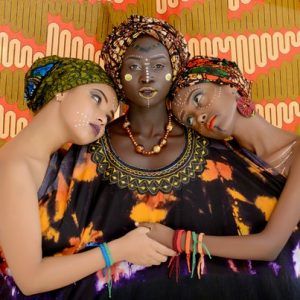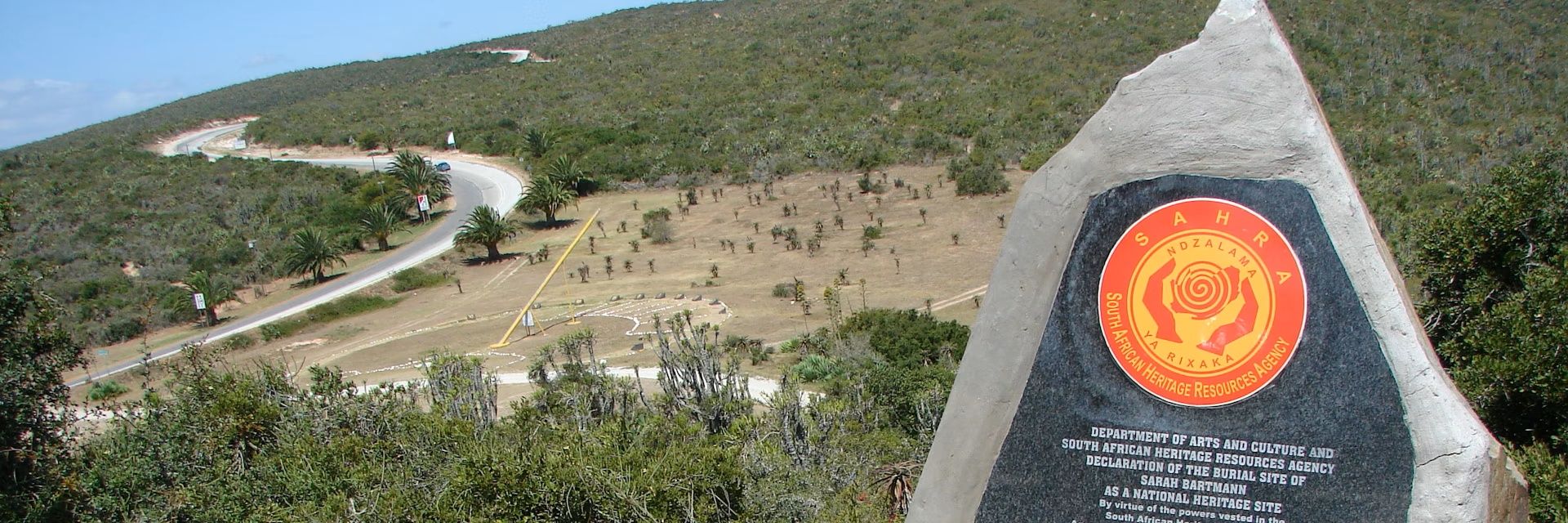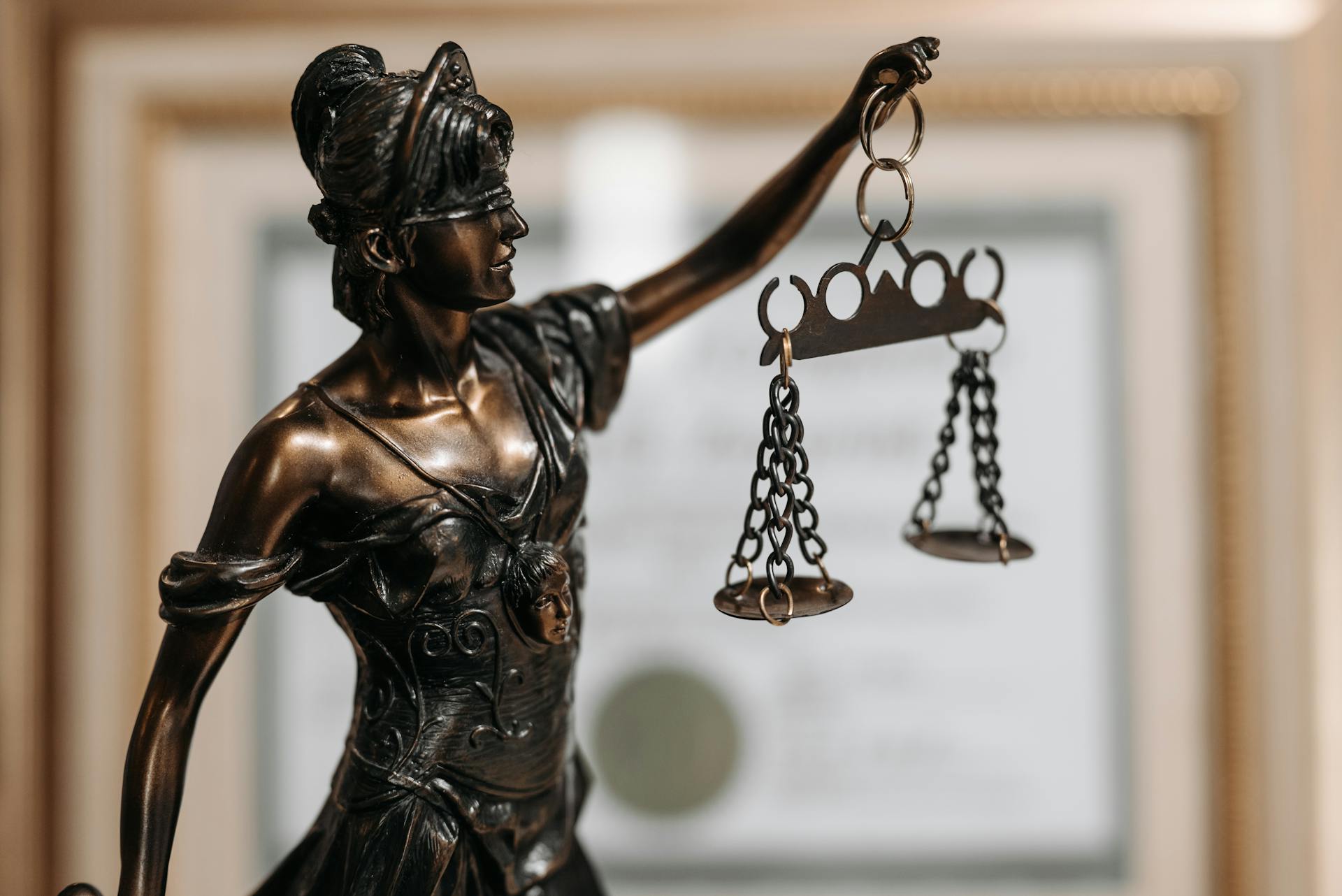[bctt tweet="As we continue searching for the lost history of Africa to learn from it, we must pay close attention to the fall of woman. In itself, this fall is a piece of the big puzzle of the fall of Africa as a whole. " username="QaziniKenya"]
There is no greater pursuit in life than the pursuit of full consciousness. It fuels the godlike energy within us and gives us balance in our day-to-day life. This balance can only be attained by activating both our feminine side and our masculine side – also known as the Divine Feminine and the Divine Masculine.
Unfortunately, the duality of humans has been used to create a schism between the genders. This rift has been so wide that even the concept of divine femininity and masculinity has lost much of its meaning.
So before I go any further, let me clarify this; everyone carries a divine masculine and divine feminine side to their consciousness. They give you spiritual balance. Ignoring either causes inequity.
In Africa today, as with the rest of the world, we are faced with a dire problem. Our beliefs in masculinity have been created from a shallow understanding of the Divine Masculine and our beliefs (and fear) of the feminine comes from a tilted representation of the Divine Feminine. But that is a topic for another day.
The place of women in pre-colonial times
Today, let’s talk about divine femininity and the place of women in Indigenous African Communities. This is especially important as we embark on this journey to create an Afrocentric account of our own history. We cannot leave women out of it.
In pre-colonial times, women largely occupied positions of stature and power at the same level as their men. Their contributions to society, even when they did not rule, were crucial. In Ancient Egypt, the Asante Kingdom, and Wolof Empire, the crown was passed along the matrilineal line. This gave women a big say in the running of their communities even while the kings led warriors in battle.
Even as colonialism was taking root in Africa, women often fought as hard as men, harder in some cases, to protect their way of life. For example, among the Giriama, resistance to colonial rule was led by Mekatilili wa Menza – a widower.
The fall of women
I will go as far as saying that the “fall of women” was part of the colonization process. In their quest for territory and cheap labour, European settlers upended the way of life in many African communities. And while both men and women suffered greatly for this, the patriarchal system favoured men over women.
In Uganda, for example, the arrival of white settlers led to a dip in women’s economic output that lasted 100 years. How so? Even though land use varied from community to community, much of the influence held by women in indigenous Africa came from the land – farming, trading, etc.
So when the system of land ownership changed, the place of women in society changed for the worst. For example, the Kuznets curve that started in Kampala at colonization was the result of the loss of land and few opportunities for women in the patriarchal system the Brits imposed on Uganda.
Was there a conspiracy to suppress women as colonization started? That is hard to ascertain. What is clear for all to see is that piecing this particular mystery together will help to piece together the larger history of the continent as a whole. In this mission to create an Afrocentric account of world history, the fall of the woman must be a major topic of discussion.
If you look hard enough, you find an allusion to this fall everywhere. Among the Agikuyu, there is a fable that insinuates this fall. Happening at some unspecified point in history, this “coup” stripped women of their power and made them subservient to men. Without apportioning blame of judgment, it is the job of every African history scholar to take a deep dive into this topic and come up with answers.
There is hope
For some inexplicable reason, the feminist movement sends fear to the core of the most hardened men. Why do men so fear an empowered woman? But, even more importantly, is this fear justified? The simple answer is, of course not!
The fact that in Africa this fear of women started with colonialism is actually incentive enough to rid oneself of this weakness. This is one of those unifying concepts of humanity that simply has no business being used to divide a people.
Africa, just like women, is at the forefront of the progressive agenda. We seek a restoration of the continent as a whole, support environmental conservation all over the world, freedom for all, and all that is good and right.
Africa Rising – the belief that Africa is the next frontier of growth in the world – is taking root from the East coast of Africa to the West. The North, the South, and the Center are galvanizing to action as well.
All you need do is look at The United States of America. The African diaspora is a shining torch giving hope to the entire continent and the diaspora. In just the first two decades of the 21st century, America has voted in the first African-American president and the first (black) woman vice-president – and who knows how far Kamala Harris will go?
And while we continue working so commendably tirelessly to eradicate all forms of oppression, we must not forget the balance of divine femininity and masculinity that defines our consciousness – as individuals and as nations.
Africa is on the precipice
Africa is a continent of great diversity. We are divided along tribal religious, linguistic, and ethnic lines. The last thing we need is to be divided along gender lines as well.
I truly believe that Africa is on the precipice. The next few decades will define who we become as the world moves into the future. If we abandon our heritage we move into the future as outsiders in a foreign worl… wait, we won’t get anywhere!
Marcus Garvey said it best; “A people without the knowledge of their past history, origin and culture is like a tree without roots.” Without gaining these insights into our past, then we can forget about any dreams of a brighter future for the continent.
And as we continue searching for the lost history of Africa to learn from it, we must pay close attention to the fall of woman. In itself, this fall is a piece of the big puzzle of the fall of Africa as a whole.
As with every fable, there is a lesson to be learned from those obscure tales of Gikuyu men impregnating their women en-masse to take over, right?
Also read: The Struggle Continues: Zebib Kavuma on Making Women Matter





